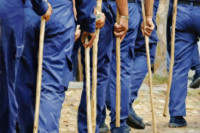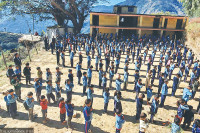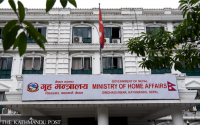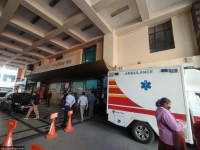National
Dharan launches mosquito search and destroy drive
Security agencies—Nepal Army, Armed Police Force, Nepal Police—will carry out the search and destroy operation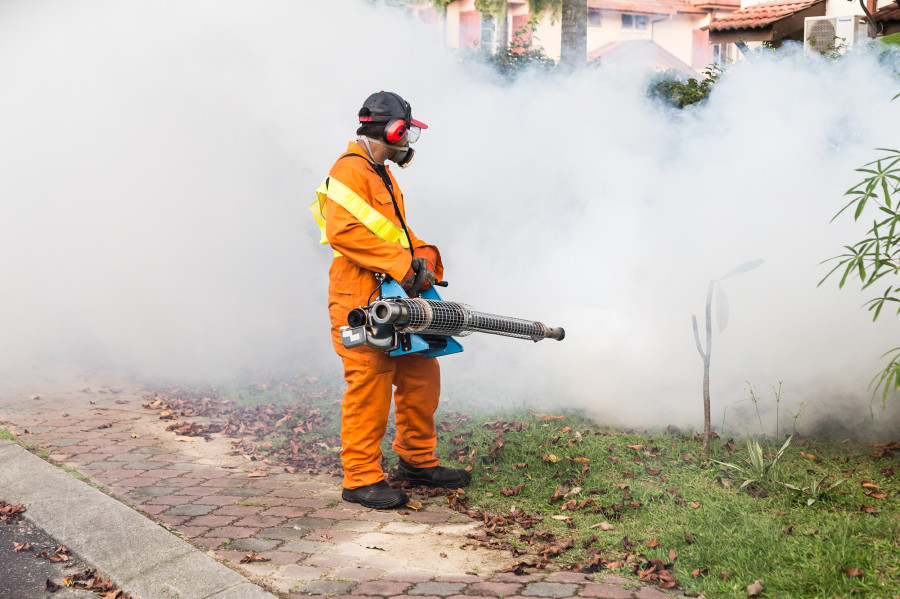
Arjun Poudel
In a bid to contain a dengue epidemic in Dharan Sub-metropolitan City-15, agencies concerned under the Ministry of Health and Population decided to launch a mosquito search and destroy campaign on Wednesday.
The Epidemiology and Disease Control Division under the Department of Health Services said that security agencies—Nepal Army, Armed Police Force, Nepal Police—will carry out the search and destroy operation.
“The search and destroy operation will begin on Wednesday,” said Ghanashyam Pokhrel, senior public health administrator at the division. He said that female community health volunteers serving in the affected municipality, members of local women group, members of local clubs, representatives of non-governmental organisations, civil society members, teachers of schools and health workers from BP Koirala Institute of Health Sciences would be mobilised in the campaign.
One hundred seventy-six people from Ward-15 of the sub-metropolis have so far been infected with the deadly virus and the number of ailing people with dengue like symptoms have been rising in local hospitals. According to Pokhrel, his office has sent 700 dengue testing kits to the disease-hit areas.
A team led by Dr Gunaraj Lohani, director general at the Department of Health Services, also reached Dharan on Tuesday to coordinate the campaign.
“All efforts have been made to contain the deadly virus,” Dr Sameer Adhikari of the division, who is also part of DG Lohani led team, told the Post over the phone from Dharan. The team has also consulted with various stakeholders, including representatives of the Federation of Nepalese Chambers of Commerce and Industry of the district chapter, on Tuesday and visited several villages of the municipality.
Along with the search and destroy campaign, Dr Adhikari said, an awareness campaign will be launched simultaneously to advise people to not collect and store water for later use.
Due to drinking water scarcity in these disease-hit areas, people store water in jars in their house.
Aedes aegypti and Aedes albopictus mosquito, which transmit dengue virus, breed in clean water and are active during the day. The same mosquitoes also transmits chikungunya, yellow fever and Zika virus, according to the World Health Organization.
Doctors say mild to high fever, severe muscle pain, rashes in the muscles, severe headache, pain in eyes are some of the symptoms of the infection of the disease. The UN health agency said that there is no specific treatment for severe dengue, but early detection and access to proper medical care lowers fatality rate.




 22.26°C Kathmandu
22.26°C Kathmandu
